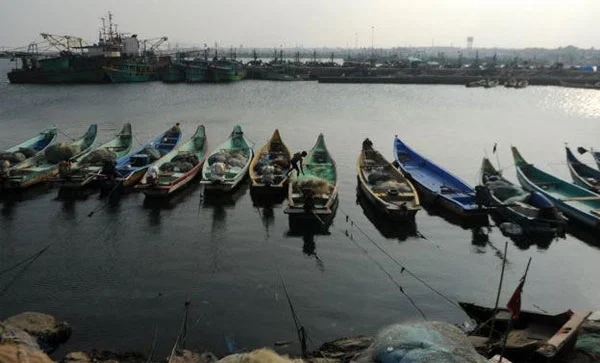Cyclone Ockhi has battered several states on India’s coast and killed 40 people in Kerala. Indian forces have rescued 252 fishermen so far. Official estimates say some 90 men are still missing.
The weakened cyclone moved northwards causing heavy rainfall on the coasts of Karnataka and Maharashtra, with Mumbai receiving its highest-ever rainfall for December in 50 years. Scientists say climate change has made tropical cyclones much more destructive in the last 30 years.
Manmade impact of mishandling
Even as the Centre and state agencies point fingers at each other, experts allege Ockhi’s impact was worsened by delayed warnings, as hundreds of fishermen were already out at sea. Secondly, the rains quickly caused flooding because – like in Chennai in 2015 – the government’s mega infrastructure projects encroached on water bodies.
Also, Indian laws provide for safety of boats sized 20-meter and above and not for small boats that provide 90% of marine catch. Also the laws do not allow deep-sea fishing vessels to carry communication equipment that could have helped them access weather warnings.
About The Author
You may also like
Climate goals overestimate forests’ carbon absorption capacity: Study
More heatwaves and hotter summer: IMD summer forecast
Glacial melt second-highest contributor to sea-level rise, threatens water supply of billions: Study
Between urgency and inclusion: Why the IPCC can’t agree on AR7’s timeline
Severe heat waves hit several states ‘unusually early’


